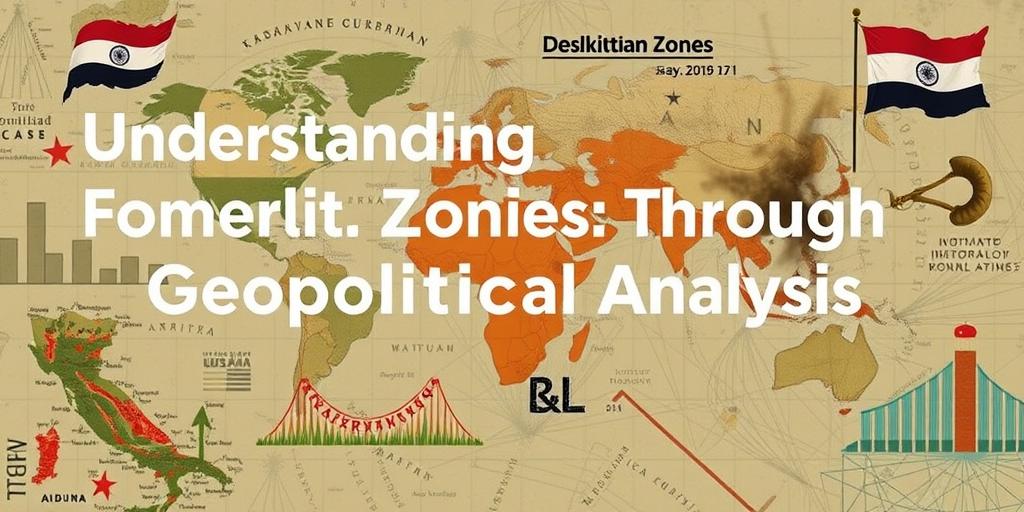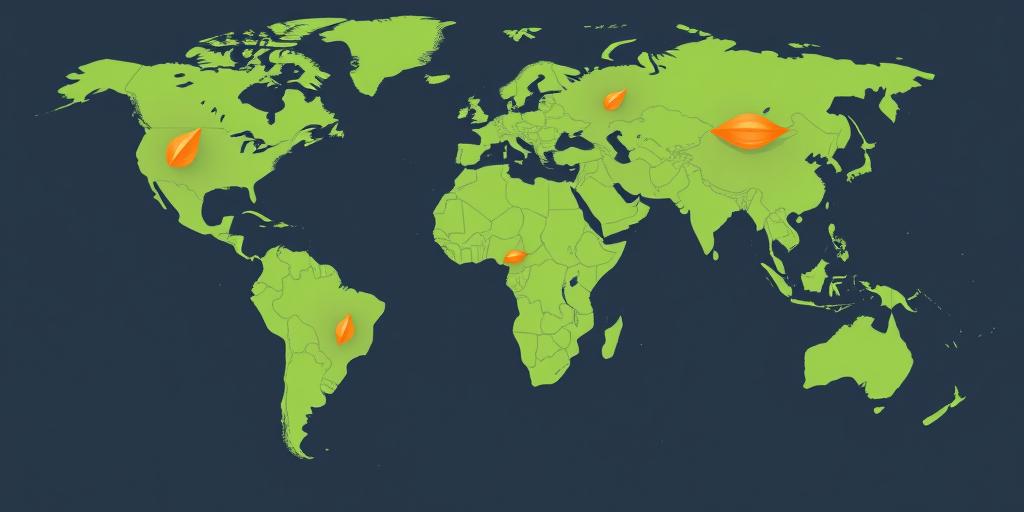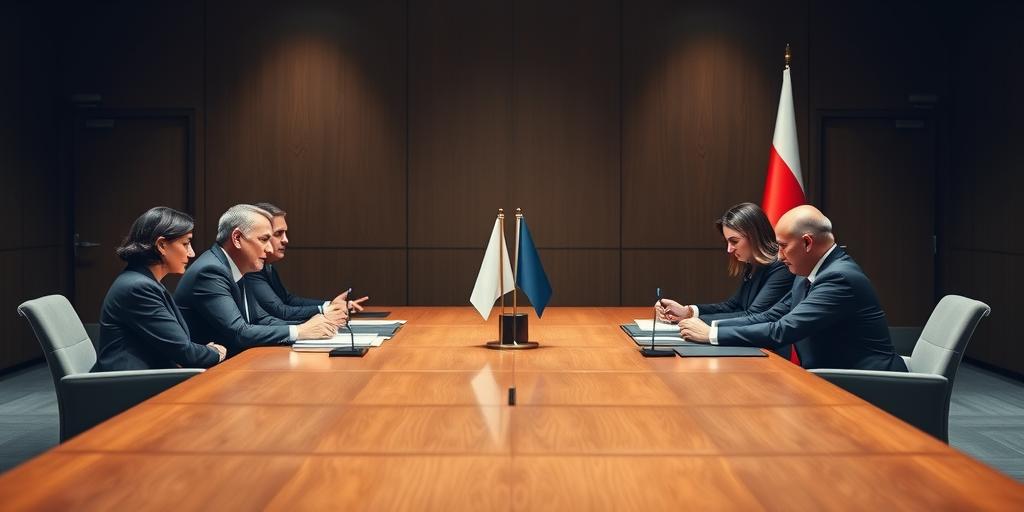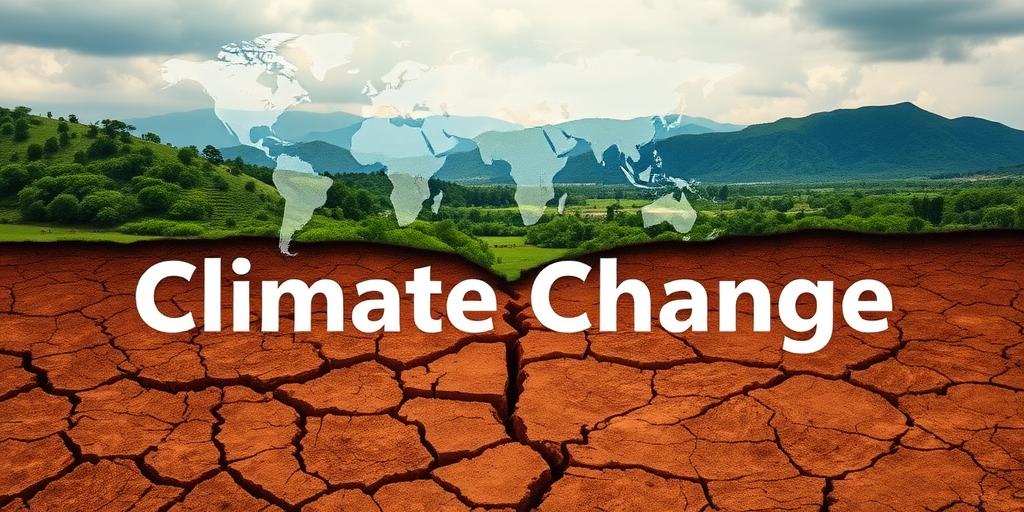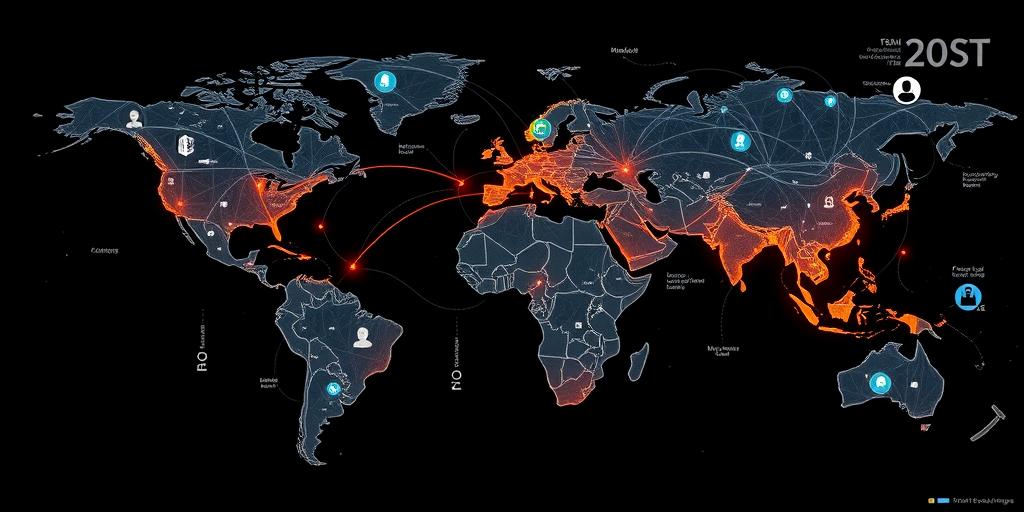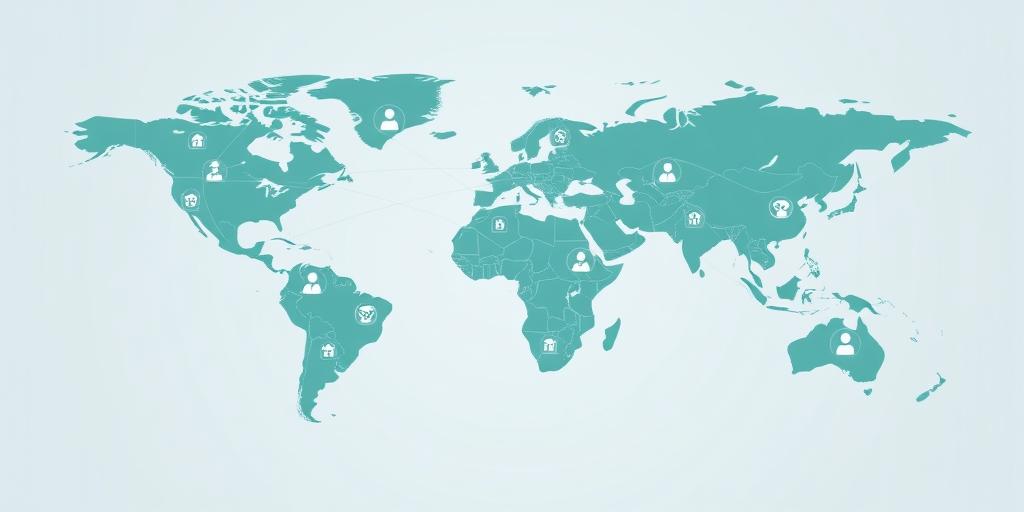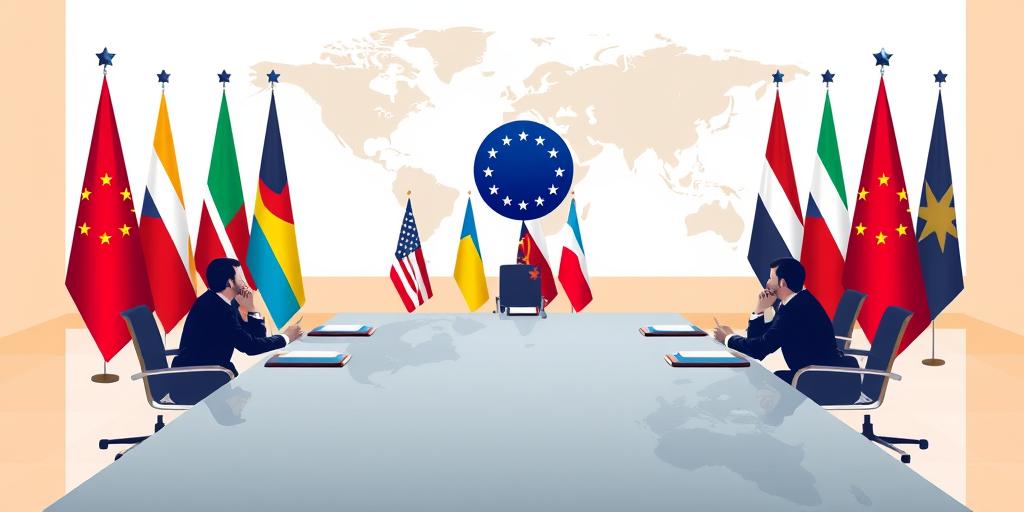The Role of International Organizations in Global Stability
Explore the critical role of international organizations in maintaining global stability, promoting cooperation, and addressing transnational issues. Learn about the UN, regional organizations, and international financial institutions.

The Role of International Organizations in Global Stability
International organizations play a crucial role in maintaining global stability by addressing transnational issues, promoting cooperation, and providing platforms for dialogue. These organizations, whether intergovernmental like the United Nations (UN) or non-governmental like the International Crisis Group, contribute to various aspects of global order, including security, economic stability, and humanitarian assistance.
The United Nations (UN): A Cornerstone of Global Governance
The UN, established in 1945, stands as the most prominent international organization with near-universal membership. Its primary mission is to maintain international peace and security. The UN Security Council, composed of 15 member states, holds the authority to authorize peacekeeping operations, impose sanctions, and take other measures to address threats to global peace. Beyond security, the UN addresses a wide range of global challenges through its various agencies, including:
- The World Health Organization (WHO): Coordinating international health responses and addressing global health crises.
- The United Nations Development Programme (UNDP): Promoting sustainable development and poverty reduction.
- The United Nations High Commissioner for Refugees (UNHCR): Protecting refugees and providing humanitarian assistance.
Regional Organizations: Addressing Local Challenges
Regional organizations, such as the European Union (EU), the African Union (AU), and the Association of Southeast Asian Nations (ASEAN), play a vital role in addressing specific challenges within their respective regions. These organizations often focus on promoting economic integration, resolving conflicts, and fostering political cooperation among member states. For example:
- The EU has fostered economic stability and integration among its member states through the establishment of a single market and a common currency.
- The AU has worked to resolve conflicts and promote peace and security on the African continent.
- ASEAN has facilitated economic growth and cooperation among Southeast Asian nations.
International Financial Institutions: Promoting Economic Stability
International financial institutions, such as the International Monetary Fund (IMF) and the World Bank, play a critical role in maintaining global economic stability. The IMF provides financial assistance to countries facing economic crises, while the World Bank offers loans and grants to support development projects in developing countries. These institutions also provide technical assistance and policy advice to help countries improve their economic management.
Challenges and Limitations
Despite their contributions, international organizations face several challenges and limitations. These include:
- Sovereignty Concerns: Member states may be reluctant to cede too much authority to international organizations, hindering their effectiveness.
- Funding Constraints: Many international organizations rely on voluntary contributions from member states, which can be unpredictable and insufficient.
- Bureaucracy and Inefficiency: International organizations can be complex and bureaucratic, leading to delays and inefficiencies.
Conclusion
International organizations are indispensable for addressing global challenges and promoting stability in an increasingly interconnected world. While they face challenges and limitations, their contributions to peace, security, economic stability, and humanitarian assistance are undeniable. Strengthening these organizations and fostering greater cooperation among member states is essential for building a more peaceful and prosperous future.

